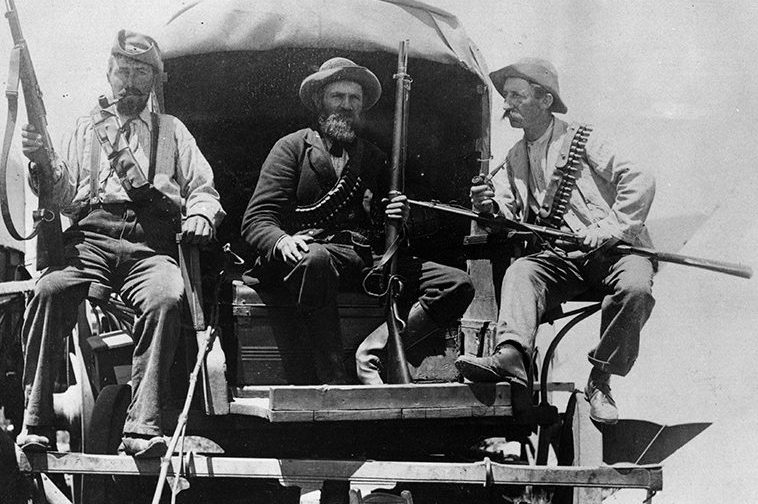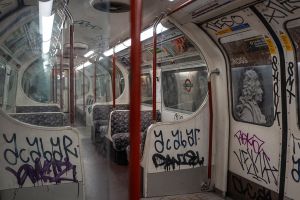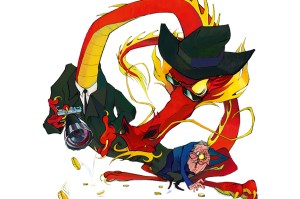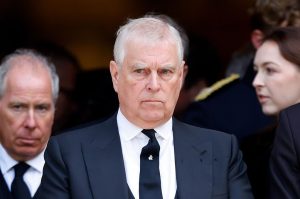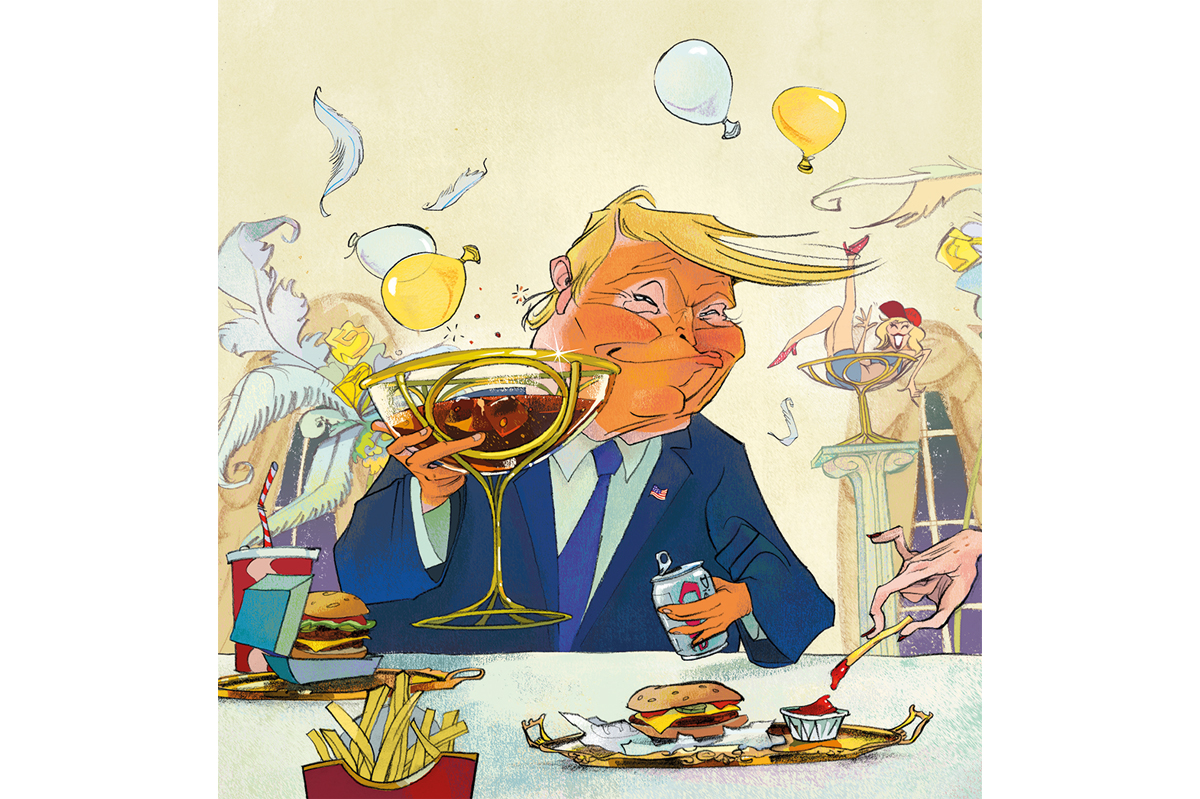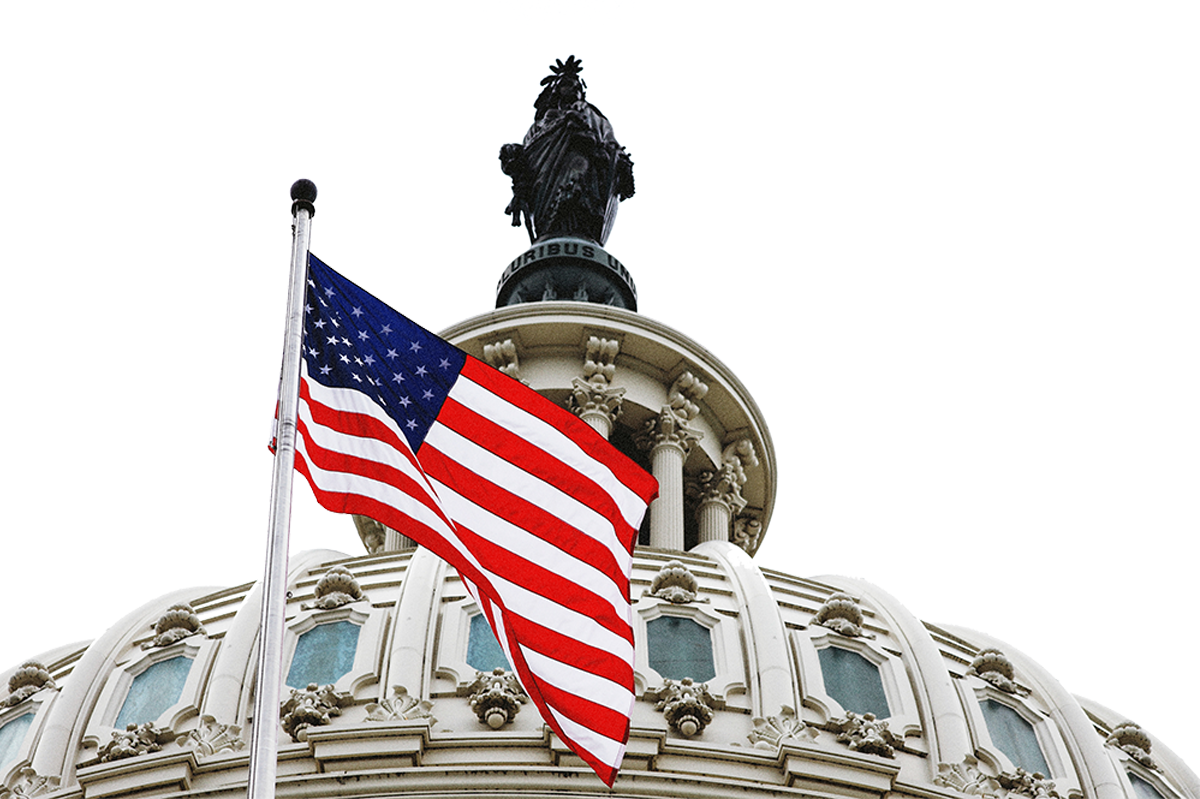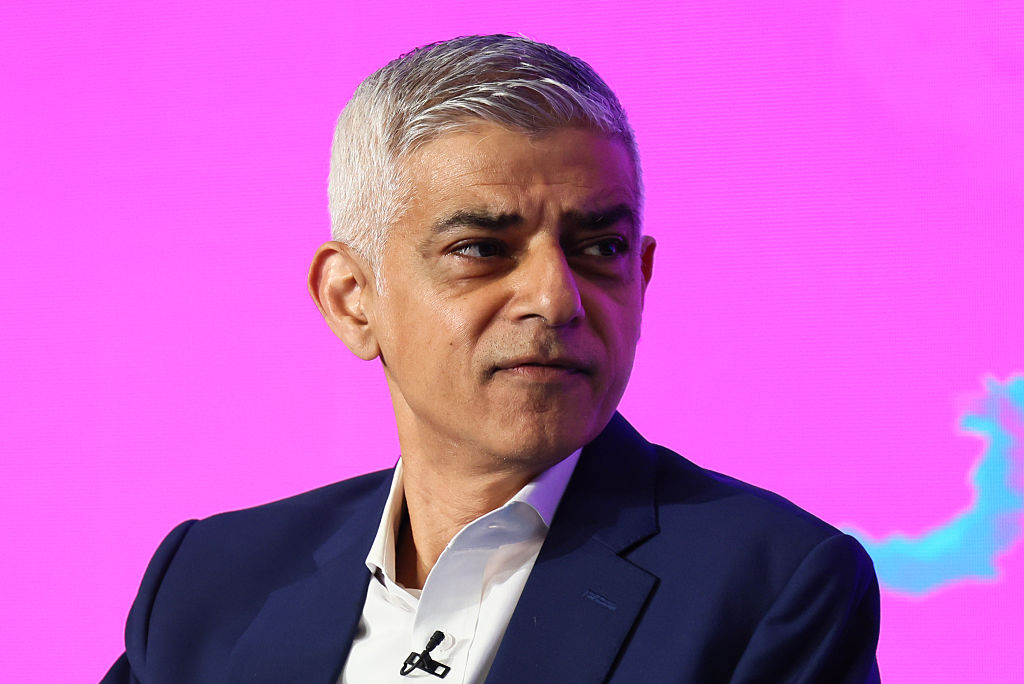This I began writing two weeks ago as an overnight guest in a cozy cabin on a farm beside an endless dirt road in the most remote part of the northwestern Cape Province in the country of my birth, South Africa. To many eyes this might seem a landscape of utter desolation: hot, dry and windswept scrubland plateau, flat as far as the eye can see but cut by deep, rocky canyons tight with the most intense and diverse profusion of succulents on the planet: flowering aloes, spiky aloes, furry aloes, ground-creeping aloes and the strange giant palm-like aloe, the Quiver Tree.
Jostling among them, the thorn bushes are murderous. You’d be mad, heroic or both to farm here, but our hosts do, grazing sheep over their thousands of hectares watered only by a couple of wind-pumps with drinking troughs. Scorched by day, frozen by night, to make your life here you’d need either to believe in Destiny with a capital D, or to have no choice. Both are true of our Afrikaner hosts: on their shelves are devotional paperbacks and a game called Bible Charades; above my bed a sweet farmyard painting illustrating Psalm 23, though its owners have hardly been led beside the still waters. Their church, I assume, will be South Africa’s Dutch Reformed Church (DRC).
English children were imbued with the prejudice that Afrikaners were oafs: the Boers were boors
Touring this part of Africa on both sides of the great Orange River (Namibia on the north bank), we have met many such white families, all Afrikaners, all making their living in the toughest of environments, none of them less than devoted to this continent of their birth — and parents’ and grandparents’ and great-grandparents’ birth — but few of them (were they to think about it, which perhaps they don’t) with anywhere else to go. Their nationality is South African. The Netherlands lost interest in them two centuries ago. The British mistreated and made war on them, incarcerated them in concentration camps where tens of thousands died, robbed them of the independence for which they’d fought, and have looked down on them and their culture ever since. Since the end of World War Two the wider world has regarded Afrikaners as pariahs: the architects of apartheid.
Here, from an Afrikaner perspective, is their potted history. As Dutch settlers, their ancestors arrived in the mid-seventeenth century, but the British soon eyed up the fertile and strategically important Cape, and muscled in, finally ousting the Dutch jurisdiction at the beginning of the nineteenth century, sending over large numbers of English settlers and subjugating the Afrikaners’ ancestors, who had developed from Dutch their own variant language, Afrikaans.
Resenting their subjection, some Afrikaners — increasingly dubbed “Boers” (farmers) — began, from the 1830s, a long series of northwards treks, taking ox wagons, families and stock with them. Their courage, and what seems to modern eyes the near-impossible challenge of negotiating rivers and mountains with oxcarts, was incredible. These Voortrekkers (pioneers) were and to this day remain icons for the Afrikaner people — comparable with Exodus for the Jews. Visit the awe-inspiring Voortrekker Monument near Pretoria.
The Voortrekkers set up republics of their own north of the Cape: the Orange Free State and the Transvaal. The British seemed un-interested until gold and diamonds were discovered on the Witwatersrand (near today’s Johannesburg), whereupon the rascally but remarkable Cecil John Rhodes and a (conjectured) boyfriend Leander Starr Jameson did their best, finally succeeding, to bounce a doubtful Downing Street into what became a series of wars against the Boers.
The Boer Wars are a shameful episode in British history, little dwelt upon in our classrooms, and over which even the then war reporter Winston Churchill shows some sorrowful respect for the adversary. That great statesman Jan Christian Smuts achieved a post-World War Two reconciliation, but the enormity of British perfidy was to remain as a taproot of Afrikaner rage and smug English-speaking contempt for the Boers.
I was brought up, as the English in Southern Africa usually were, with an unthinking disregard for Afrikaners. In my day this was often linked with dislike of apartheid, but the roots went deeper. Many Afrikaners became the poor whites of South Africa. Most also spoke English (had to) while few English South Africans learned Afrikaans. There were a few Afrikaners in my boyhood Rhodesia and we English children were imbued with the prejudice that they would tend to be oafs: the Boers were boors.
But gradually after World War Two the Afrikaner component of white society in South Africa grew in number and heft, until, in 1948, their nationalist party took power. Apartheid was born.
I yield to none in my detestation of apartheid. My parents fought it. I was sent to a multiracial school in Swaziland to avoid it. It was a brutal attempt to entrench status and privilege in a people, the Afrikaners, who had themselves been underdogs to the English. But the mistake — from the racist viewpoint — the Afrikaners made was to try to turn oppression into a principled (and Christianized) belief system. The white Argentinians had slaughtered almost all their natives. In South America today you will still note how whiteness equates to privilege. In southwest Africa the Germans had committed a major genocide on their black tribes.
Apartheid was one of many world racist horrors. English-speaking white South Africans relied upon it for their own comforts, sniffed at DRC doctrine, but never voted in great numbers for parties pledged to multiracialism. Only the Jews in South Africa can hold up their heads, producing many who fought apartheid. Gandhi (“A general belief seems to prevail in [the Cape] that the Indians are little better, if at all, than savages or the natives of Africa”) was a Hindu nationalist, not an equal rights campaigner.
In short, Afrikaners have been made a scapegoat for the politics and practice of white supremacy. They do not deserve this. And they have nowhere else to go.
I have come to admire these people; admire their continued contribution to sub-Saharan economies, their considerable literature and poetry, the many brave internal dissidents their culture produced, and their unquenched farming spirit in hostile landscapes that others spurn. Nobody in recent South African history deserves three cheers; but the Afrikaners deserve two.
This article was originally published in The Spectator’s UK magazine. Subscribe to the World edition here.



